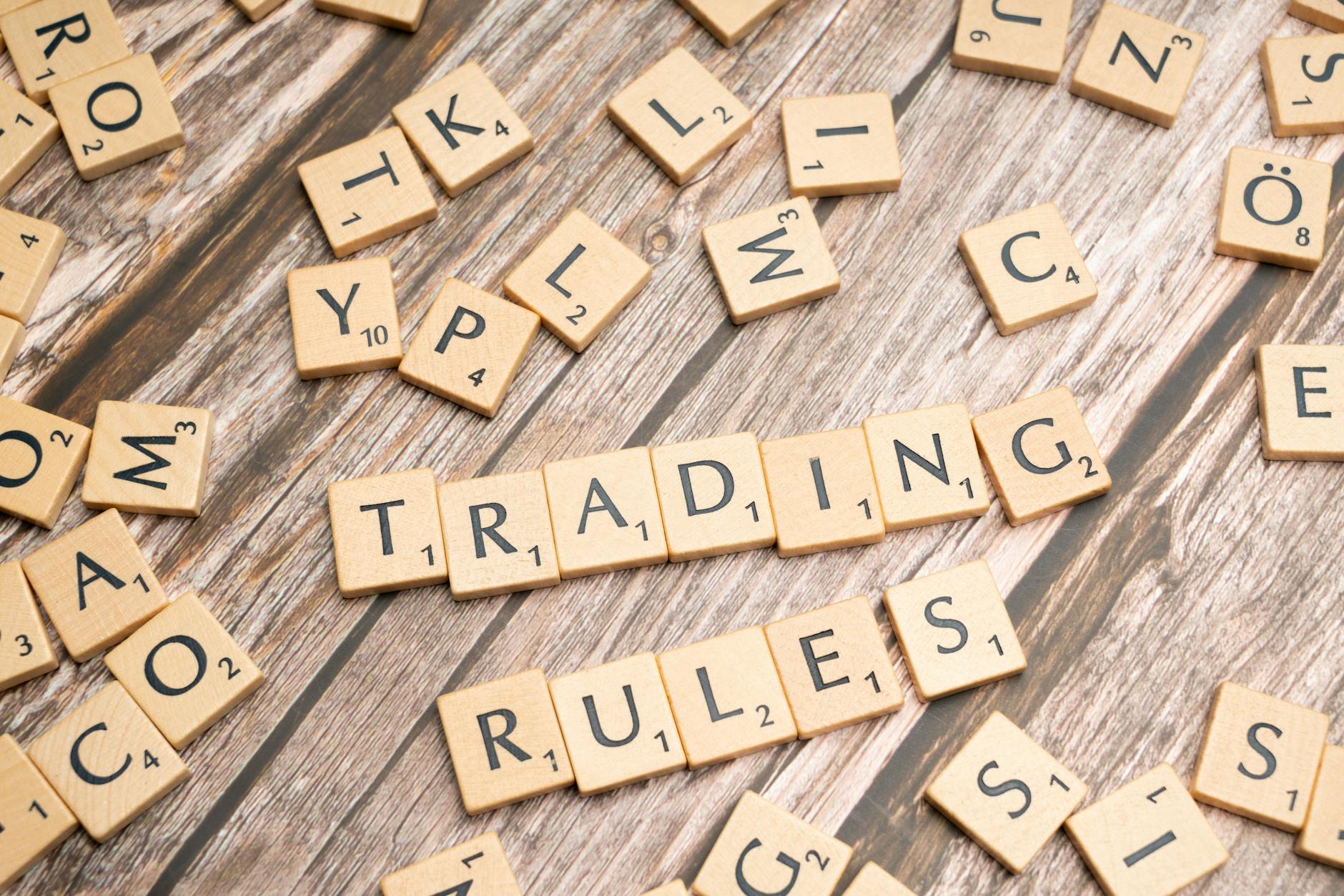When you think about the vast world of investments, it's easy to feel like the market operates like a wild west. But behind the scenes, there are strict regulations and organizations working hard to ensure that trading is fair, transparent, and secure. So, who’s really in charge of these markets? Let's break it down.

Photo by Markus Winkler
The Securities and Exchange Commission (SEC)
At the forefront of regulating investment markets in the United States is the Securities and Exchange Commission (SEC). Established in 1934 after the Great Depression, its main mission is to protect investors and maintain fair market practices.
Key Functions of the SEC
- Investor Protection: The SEC ensures that investors have the necessary information to make informed choices. This includes enforcing laws that promote transparency.
- Regulating Public Companies: Companies must regularly submit detailed financial reports. This creates a culture of openness so investors know what they are getting into.
- Enforcement: The SEC has the authority to investigate and take action against firms and individuals who violate security laws. This includes everything from civil lawsuits to penalties.
The SEC's role is like a referee in a sports game—without them, the rules of the game would be unclear, leading to cheating and unfair practices.
Financial Industry Regulatory Authority (FINRA)
While the SEC handles the broader regulatory oversight, FINRA takes on a more specific role concerning non-bank broker-dealers. This organization is a self-regulatory body authorized by the government to protect investors and ensure professional conduct among brokers.
Responsibilities of FINRA
- Broker Regulation: FINRA monitors the activities of brokerage firms and their employees to ensure compliance with established rules.
- Examining Firms: They conduct regular examinations of firms to check for approval and adherence to market rules.
- Dispute Resolution: If investors have issues with their brokers, FINRA provides a platform to resolve disputes.
Think of FINRA as the coach of a team, ensuring that everyone plays by the rules and that conflicts get settled fairly.
Commodity Futures Trading Commission (CFTC)
Another significant player in the regulation of financial markets is the Commodity Futures Trading Commission (CFTC). While the SEC primarily oversees securities, the CFTC focuses on futures contracts and options, which can include commodities like grain and oil.
Key Responsibilities of the CFTC
- Regulation of Futures Markets: The CFTC ensures that the markets for commodity futures and options operate fairly and efficiently.
- Fraud Prevention: They actively pursue and go after fraudulent activities in futures trading.
By regulating these markets, the CFTC plays a crucial role in stabilizing the economy, as fluctuations in commodity prices can have widespread effects.
State Regulators
While federal entities like the SEC and FINRA dominate the landscape, individual states also have their own regulatory bodies. These state regulators oversee the securities industry within their borders and ensure compliance with local laws.
Role of State Regulators
- Licensing: They grant licenses to brokers and investment advisors operating within the state.
- Local Enforcement: State regulators also handle complaints related to securities fraud at a more personal level.
This dual layer of regulation helps to not only adhere to national standards but also address local issues promptly.
The Importance of Cooperation Among Regulators
The financial landscape is complex. Each regulatory body has a specific function, but they often collaborate to tackle issues that cross their paths. For example, the SEC and CFTC may work together when trading practices impact both securities and commodity markets.
Challenges of Coordination
- Jurisdiction Overlap: Occasionally, issues may arise where the authority of the SEC and CFTC overlaps, leading to confusion about who is in charge.
- Adapting to New Trends: As the investment world changes with technology, these regulators need to adapt and update regulations to effectively manage new trading techniques and financial products.
This cooperation is essential to mitigate risks and ensure that investors are consistently protected.
Conclusion
The world of investments is tightly regulated by a network of organizations dedicated to maintaining order and protecting investors. From the SEC's comprehensive oversight of securities to FINRA's focus on broker-dealers and the CFTC's involvement in commodities, each entity plays a critical role.
As investors, understanding the regulators gives you confidence in your trading decisions. It's not just about buying and selling; it's about knowing that there are systems in place to protect your interests. So, next time you think about the stock market, remember that a robust regulatory framework is working behind the scenes, ensuring that the investments you make are in safe hands.
